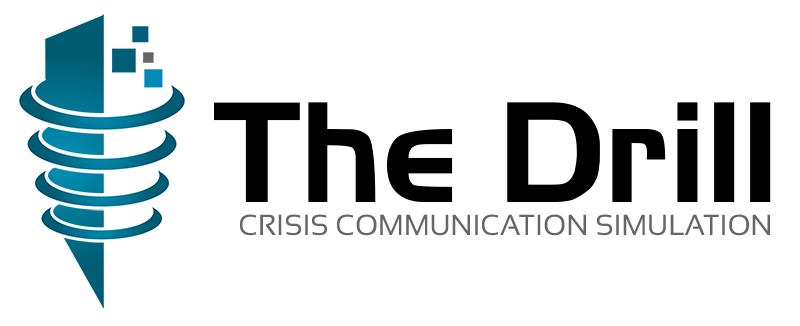Crisis communication case studies fail with tired cliches and weasel words
It gets up my nose when crisis advisers reach for the 'lazy file' when their clients create crisis management issues.
Why do acclaimed crisis management consultants and media advisers deliver hollow, default press statements when required to craft and coach authentic and credible expressions of responsibility and regret in the event of PR disasters?
Why do we get apology by cut 'n' paste? What's the point of these wholly generic crisis communications? Do we think that audiences facing damaging crisis scenarios can't sniff out PR bull-dust?
In our crisis management workshops and crisis training drills, we often analyse the predictable grab-bag of cliches, half-truths and rather unconvincing claims of accountability and remorse, from the crisis frontline. Read any of these generic statements and you can pretty much substitute the name of one crisis-hit brand with the name of any other, caught up in issues management or crisis management campaigns!
In PR disasters, perhaps many crisis consultants don't craft connective, meaningful, believable and winning crisis management statements because they lack the emotional intelligence themselves, to be able to help their crisis clients process the problems and express appropriate emotion? Though it's true, too, that spin doctors are frequently hamstrung by the instructions given by lawyers advising crisis-hit companies.
When crisis scenarios hit their employer or client brands, crisis management advisers should be asking the culprit: A) what really went on for YOU that time? B) why did YOU make that choice ? C) what was ingesting the substance all about for YOU? D) didn't YOU fear getting caught? and E) what feelings did YOU have at the time, and what do YOU feel right now ?
Armed with these real, personal insights, an expert crisis adviser might then draft something like this:
"First off, this was not a mistake or error of judgement; this was simply my hubris, my decision and my actions, which I didn’t fully canvas opinions on. It was also about me thinking our brand was too smart to ever be caught. Honestly? Under my watch, we failed to take issues management and crisis communications seriously enough. We’d never undercook our accountancy or profitability responsibilities, but I decided we did not need to invest in effective crisis management preparations - and for this, I must resign. I will really focus on addressing my arrogance and dereliction of duty, and get to the bottom of it. Right now, I am sick with self-recrimination, guilt and shame for the hurt I've caused everyone who cares about me. I promise to work on this and hopefully emerge a better, more mature and trustworthy person as a result."
Generic PR apologies appear to say all the right things but they tell us one thing only - that the brand or business-in-crisis doesn’t care enough about the issue to have original and authentic thoughts about why it happened and what’s being done to ensure it never happens again.
Crisis communications is both a science and an art - neither professions default to cliched thinking and responses when facing grave and consequential challenges; why should default thinking apply to best-practice crisis management?
